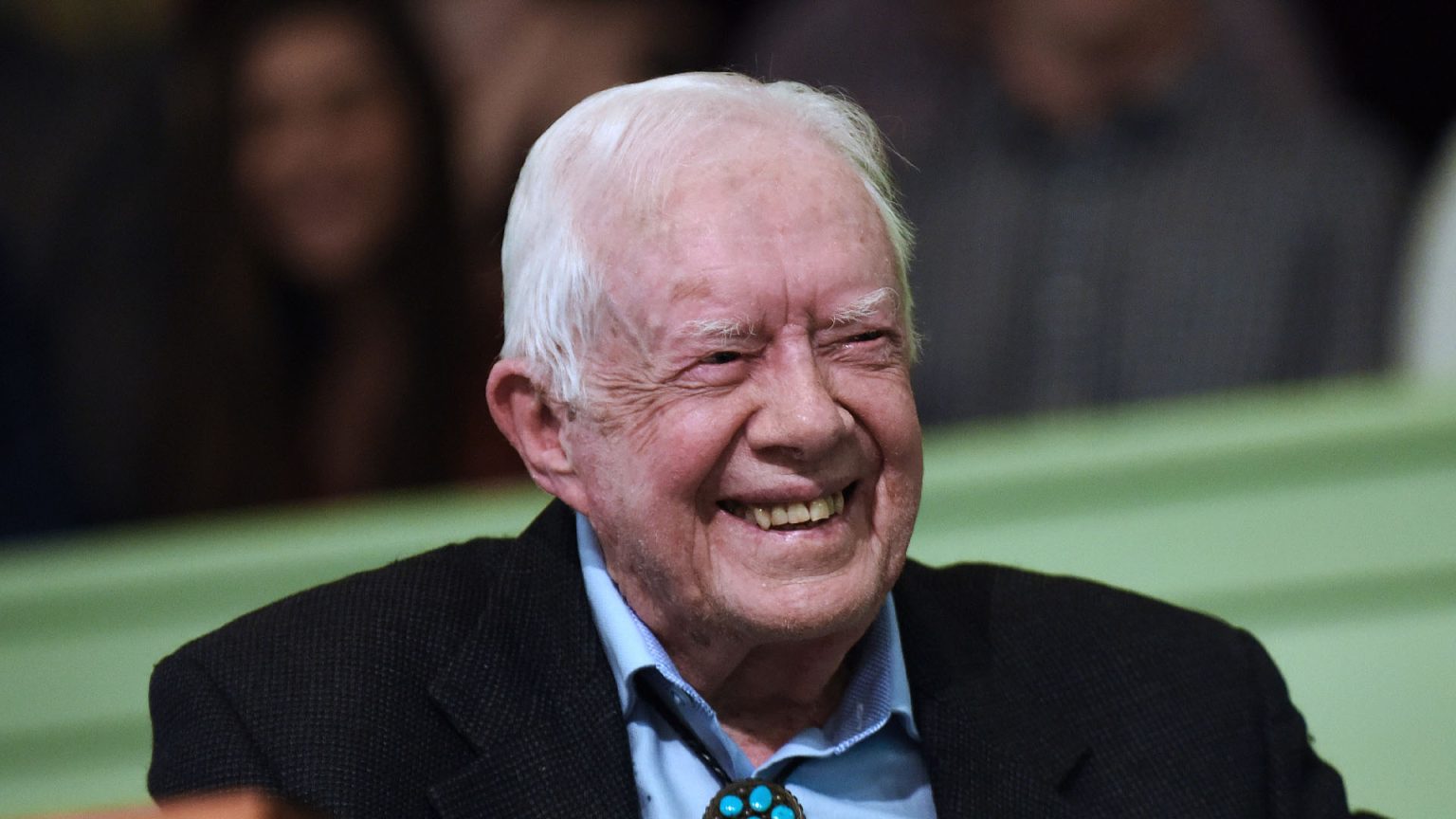James Earl “Jimmy” Carter, Jr., the 39th President of the United States, passed away peacefully at the age of 100, surrounded by his loving family. His life was marked by a profound commitment to service, a deep-seated faith, and an unwavering love for his country and family. Born in Plains, Georgia, in 1924, Carter’s roots remained firmly planted in the small town that shaped his values and ultimately served as the backdrop for both the beginning and end of his remarkable life. His upbringing was steeped in the traditions of peanut farming, political discourse, and the Baptist faith, elements that would later become defining characteristics of his public persona and inform his approach to leadership.
Carter’s early career path took him to the United States Naval Academy, where he excelled and eventually became a submariner, rising to the rank of lieutenant. However, the untimely death of his father in 1953 compelled him to return to Plains and assume responsibility for the family farm. This seemingly ordinary transition proved to be a pivotal moment in Carter’s life, setting the stage for his entry into the political arena. He quickly made his mark in local politics, serving in the Georgia State Senate before successfully campaigning for the governorship in 1970, aided by his wife and lifelong partner, Rosalynn. This momentum propelled him to the national stage, culminating in his victory over incumbent President Gerald Ford in the 1976 presidential election.
Carter’s presidency, from 1977 to 1981, was characterized by a compassionate and principled approach to governance. On the domestic front, his administration oversaw the creation of millions of jobs, with a focus on providing opportunities for women, African Americans, and Hispanics. He prioritized environmental conservation through the expansion of the national park system and established the Department of Education and the Department of Energy, recognizing the importance of education and energy independence for the nation’s future. On the international stage, Carter achieved a landmark diplomatic triumph by brokering the Camp David Accords, a peace treaty between Egypt and Israel, a feat that earned him the Nobel Peace Prize in 2002.
Following his departure from the White House, Carter continued his life of service through the establishment of the Carter Center, a non-profit organization dedicated to advancing human rights and alleviating suffering around the world. He and Rosalynn also actively participated in Habitat for Humanity, demonstrating their commitment to providing affordable housing for those in need. Their dedication to these causes solidified their legacy as champions of peace, justice, and humanitarianism.
Carter’s final years were marked by health challenges, including a diagnosis of metastatic melanoma in 2015. Despite these difficulties, he faced his illness with characteristic grace and resilience. In 2023, he transitioned to hospice care, choosing to prioritize comfort and time with family over further medical interventions. His beloved wife, Rosalynn, preceded him in death in November 2023. His passing on February 18, 2024, at the age of 100, marked the end of an era, but his enduring legacy of service and compassion continues to inspire.
Carter’s funeral was a fitting tribute to a life well-lived. Held at the Washington National Cathedral, the service was attended by dignitaries, family, and friends, all gathered to honor the memory of a remarkable man. The ceremony included tributes from prominent figures, including President Joe Biden and Steve Ford, son of former President Gerald Ford. Following the service, Carter’s remains were transported to Plains, Georgia, for a private burial ceremony, bringing his journey full circle to the place where it all began. The world mourned the loss of a leader who exemplified the best of humanity, leaving behind a legacy of compassion, integrity, and unwavering dedication to making the world a better place.











